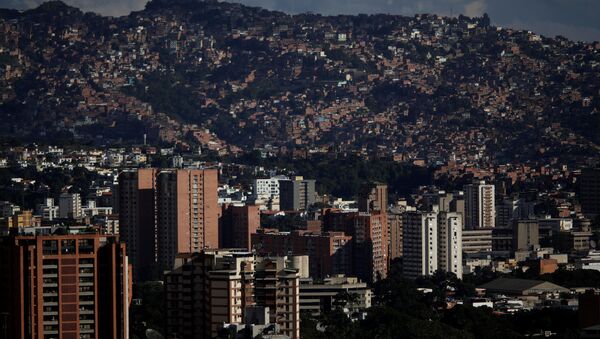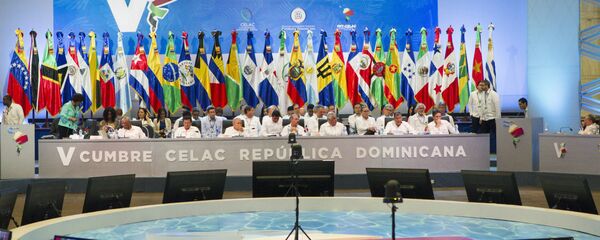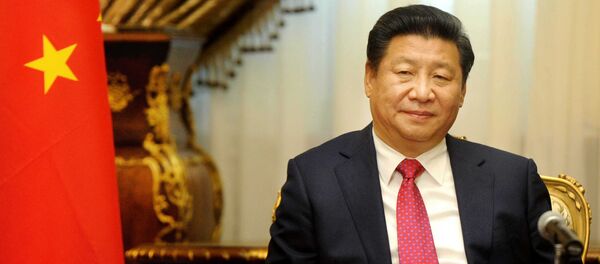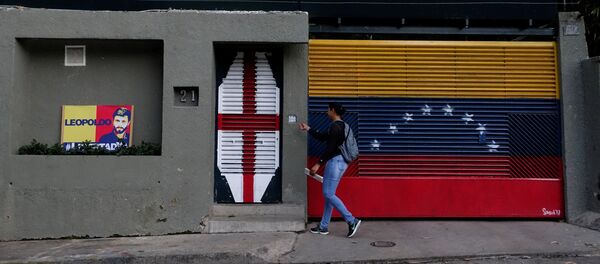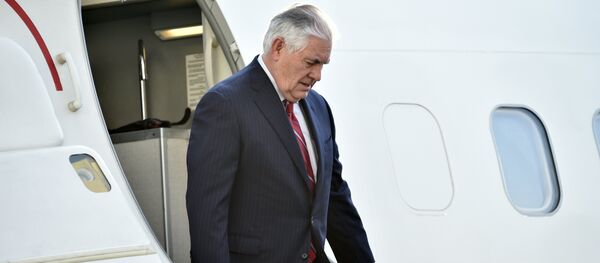"Tillerson will travel to Austin, Texas, and then to Mexico City, Mexico; Bariloche and Buenos Aires, Argentina; Lima, Peru; Bogota, Colombia; and Kingston, Jamaica on February 1-7," the State Department said in a press release last week.
Energy & Security Tour
The US top diplomat plans on addressing a range of bilateral issues with each of his counterparts such as economic growth, energy development, security, and the war on drugs, but will also advocate for increased regional attention to the crisis in Venezuela, a senior State Department official told reporters in a conference call on Monday.
In addition to energy security, State Department officials said Tillerson will also be focused on promoting democracy and safety.
On Thursday, ahead of his departure, Tillerson set the tone for his Latin American tour during a speech at the University of Texas in Austin, his alma mater, on US engagement in the Western Hemisphere, where he outlined key security concerns and policy priorities including in areas such as energy security.
"South America is blessed with abundant energy resources: Colombia, Peru, Brazil, Guyana, and Argentina, all have significant undeveloped oil and natural gas," Tillerson said during the speech. "The United States is eager to help our partners develop their own resources safely and responsibly as energy demand continues to grow."
"Latin America does not need new imperial powers to seek only to benefit their own people," Tillerson said. "Russia’s growing presence in the region is alarming, as well as it continues to sell arms and military equipment to unfriendly regimes who do not share or respect democratic values."
After his speech in Texas, the Secretary of the State headed to Mexico where he is scheduled to meet with Mexican President Enrique Pena Nieto and other senior officials to discuss bilateral, regional as well as global priorities. On Friday, February 2, Tillerson will meet with and have a joint press conference with Mexico's Secretary of Foreign Affairs Luis Videgaray.
Tillerson will arrive in Argentina on Saturday morning where he plans to ascend the summit on horseback in Nahuel Huapi National Park, officials told reporters, and will meet with Argentine President Mauricio Macri the next day.
State Department officials stressed, however, that Tillerson’s trip will also encompass intensifying US efforts to further isolate and economically pressure the government of President Nicholas Maduro in Venezuela.
Venezuela
Over the last year, the United States has sanctioned almost 50 Venezuelans for alleged human rights violations, State Department representatives told reporters. Officials would not specify whether the US government will apply additional sanctions on Venezuela, including an oil embargo, ahead or during Tillerson's trip.
During the trip, officials made clear that Tillerson was not meeting any Venezuelan representatives and that Washington is not seeking any dialogue with Maduro.
In fact, on Thursday, Tillerson said the United States will continue applying pressure on Maduro's government until it returns to the country's constitutional democratic processes. Tillerson, at the same time however, suggested that the United States does not want to impose anything on the Venezuelans.
Tillerson said he thinks change will eventually occur in Venezuela, adding that he hopes it will be a peaceful transition. The top US diplomat said that if Maduro fails to return to the constitution, or does not get re-elected by the people of Venezuela, then he may look to flee to Cuba.
On Sunday, Maduro signaled a readiness to compromise and maintain peaceful dialogue with his political enemies. He said that his government was ready to sign an agreement with the opposition within the framework of the talks resuming in the country.
The negotiations are currently in a deadlock, since the opposition also demands to release imprisoned opposition figures and to allow foreign humanitarian aid in the country, while the government seeks to gain the opposition's support in helping lift the sanctions imposed by the United States in 2017 over the government's plan to rewrite the constitution.

